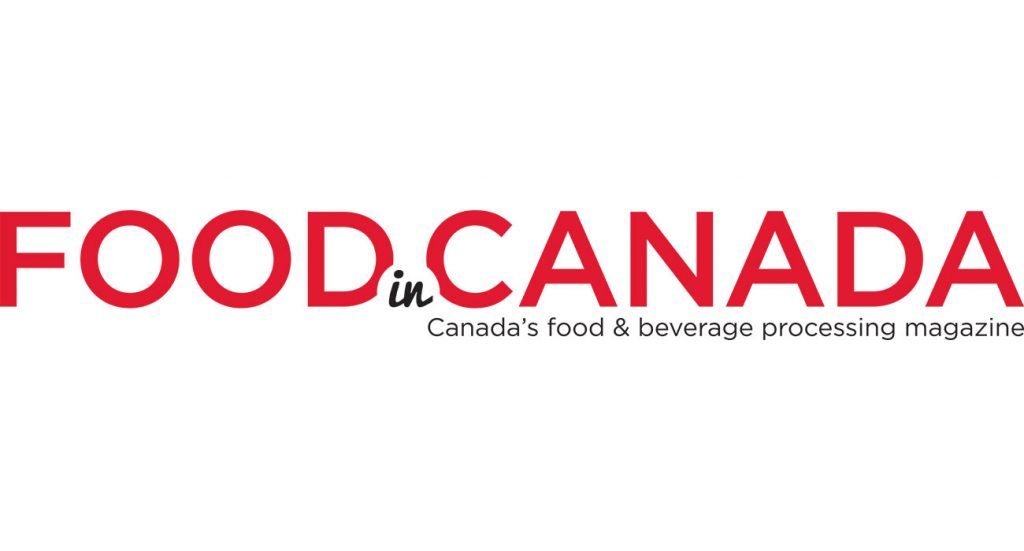Canadian food industry comes together to develop a code of practice

In November 2020, Federal-Provincial-Territorial (FPT) agriculture and food ministers announced the creation of an FPT Working Group to identify potential measures to safeguard balance in the food system’s commercial relationships, while also ensuring Canadians’ continued access to a safe, reliable food supply at affordable prices.
Inspired by the FPT ministers’ request for industry collaboration and leadership, several associations came together to form the Canadian Food Industry Collaborative Alliance, and developed a framework that proposes a transparent, consultative and collaborative process for food industry leaders to develop a Canadian Food Industry Code of Practice.
The members of the alliance represent thousands of small, medium and large businesses in the Canadian food supply chain from coast to coast and include the Canadian Federation of Independent Grocers (Fédération Canadienne des Épiciers indépendants), Food and Beverage Canada (Aliments et boissons Canada), The Quebec Food Processing Council (Conseil de la transformation alimentaire du Québec), Quebec Food Retailers Association (Association des détaillants en alimentation du Québec) and Retail Council of Canada (Conseil Canadien du commerce de détail).
The alliance believes that any code of practice must be developed in Canada for Canada. Hence it must be developed by industry for industry and must reflect and respect the unique elements of Canada’s food supply chain and federated system of government. Therefore, they maintain there must be just one code of practice throughout the country administered uniformly to ensure consistency.
The alternative presents the possibility of different codes across jurisdictions, which would impose increased costs and complexity throughout the supply chain.
The code of practice must also include a strong oversight framework that ensures accountability of the participants. The code of practice would not be embedded in regulation, thereby providing flexibility for it to evolve. However, participation would be mandatory.
While the proposal does not prescribe the contents of a code of practice, it describes the framework for a collaborative and inclusive process through which industry stakeholders will design a code of practice and oversight framework that meets the unique needs of Canada’s food system.
To promote and support good faith dealings and responsible commercial conduct along the food supply chain, the following principles should be reflected in a code of practice:
• Ensuring transparency and contractual certainty in all commercial transactions.
• Ensuring best practice reciprocity throughout the supply chain.
• Promoting fair and ethical dealings in contract negotiations, particularly where there is a significant disparity in negotiating power between the parties.
• Ensuring equitable distribution of food supply.
• Providing supports for small and mid-sized parties to commercial transactions.
• Providing an effective, fair and applicable dispute resolution process.
The alliance believes in, and is advancing, a consultative approach which will help ensure stakeholders have a forum to express their views and to build support through the development process.
Source: www.foodincanada.com

